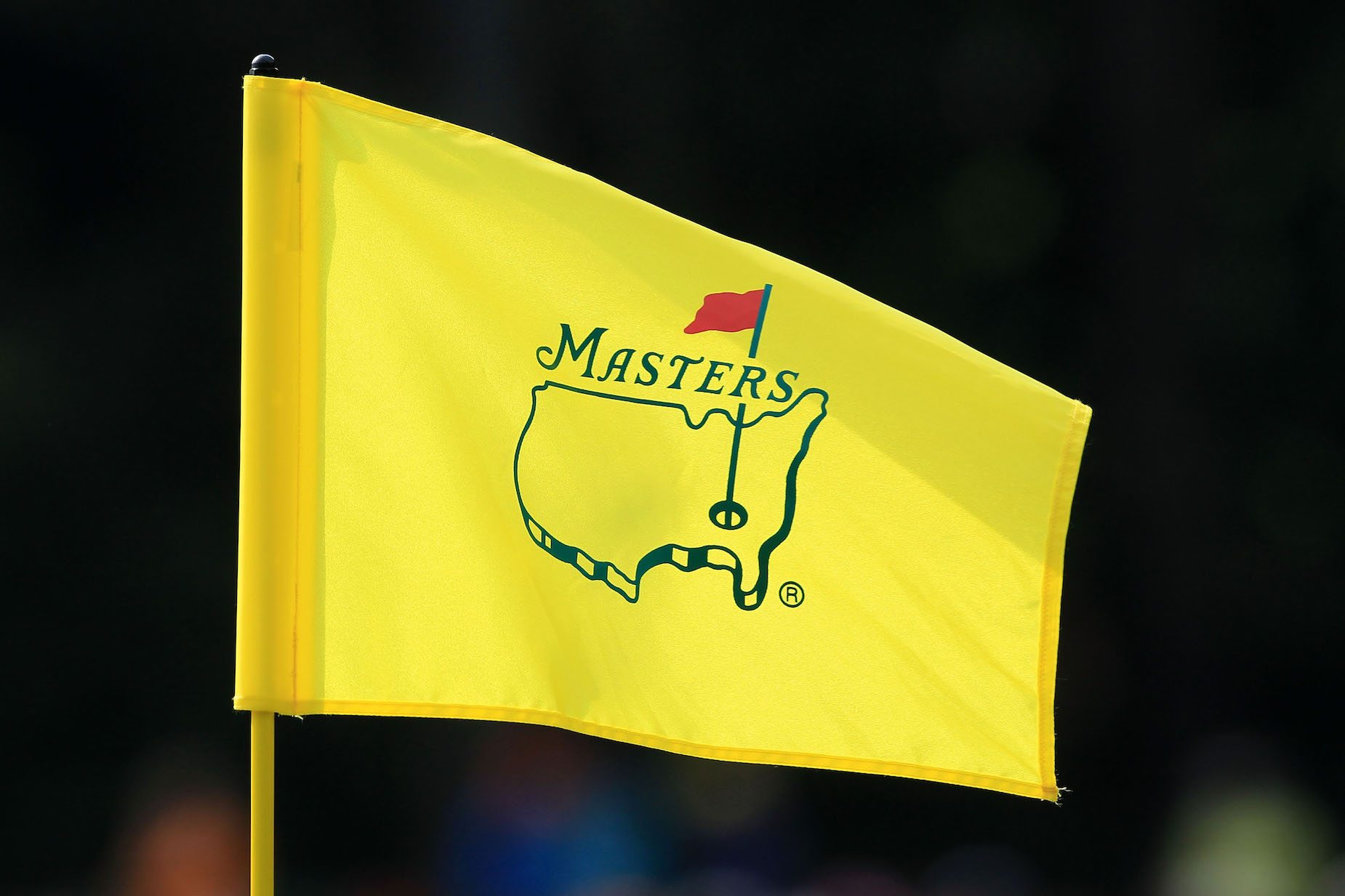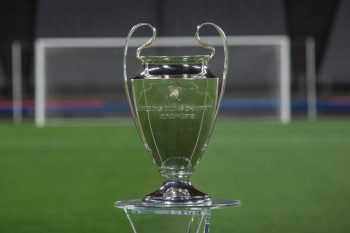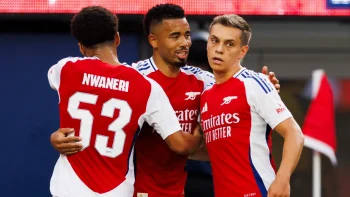Golf
How Did The Masters Get Its Iconic Name?

In the world of sports, certain names speak for themselves. One of those is The Masters. When you hear those two simple words, it’s almost impossible to imagine anything other than Augusta National, green jackets, and Jim Nantz.
While golf fans around the globe all know and love The Masters, the tournament’s title isn’t as intuitive as something like the US Open or the PGA Championship. So how did the event get its iconic name?
The history of The Masters
RELATED: Why the Worst Round in Masters History Can’t Be Found in the Record Books
These days, it’s impossible to imagine professional golf without The Masters. The tournament, however, wasn’t always part of the sport’s landscape.
As explained by a timeline on the tournament’s official website, Bobby Jones wanted to build a golf course; he teamed up Clifford Roberts and purchased some land in Augusta, Georgia. The two men tapped Dr. Alister McKenzie, a noted course architect, and tasked him with transforming the plant nursery into a golfer’s dream.
In December 1932, Augusta National Golf Club was ready to go. At the formal opening, which took place the following January, Jones explained that “Our overall aim at the Augusta National has been to provide a golf course of considerable natural beauty, enjoyable for the average golfer and at the same time testing for the expert player striving to better par. We want to make bogies easy if frankly sought, pars readily obtainable by standard good play, and birdies, except on par 5’s, dearly bought.”
The first “Augusta National Invitational” Tournament took place in 1934; from there, the rest is golf history.
Why is the tournament called ‘The Masters’?
RELATED: Augusta National’s $26 Million Purchase Could Mean Big Things for The Masters
As you might have noticed, the earliest tournaments were simply called the “Augusta National Invitational.” So what prompted the move to The Masters?
According to the Golf Channel, Roberts wanted to call the tournament ‘The Masters’ because the competitors would be the masters of golf; Jones, however, wasn’t sold on that idea. In his mind, calling his own event something that grandiose would be too immodest.
After five editions of the Augusta National Invitational, however, Jones relented. In 1939, The Masters graced golf’s annual calendar for the first time.
No matter what you call it, the tournament is full of traditions
RELATED: The Top 10 Traditions of The Masters
Would The Masters have caught on if it was still known as the Augusta National Invitational? At this point, there’s no way to really know; the name, like many other aspects of the event, has simply become part of the tradition.
While the world of sports is full of pageantry, The Masters exists in a league of its own. The Green Jacket, for example, has its own unique set of rules; things like the Champions Dinner, the Par 3 Tournament, and even caddy’s attire is dictated by tradition. Even CBS has made a special arrangement with The Masters, allowing the event to air with limited commercials.
Although one tradition has been broken—due to the coronavirus pandemic, this year’s tournament couldn’t take place in early April—The Masters is still a special occasion for golf fans everywhere. Part of that magic includes the name.











